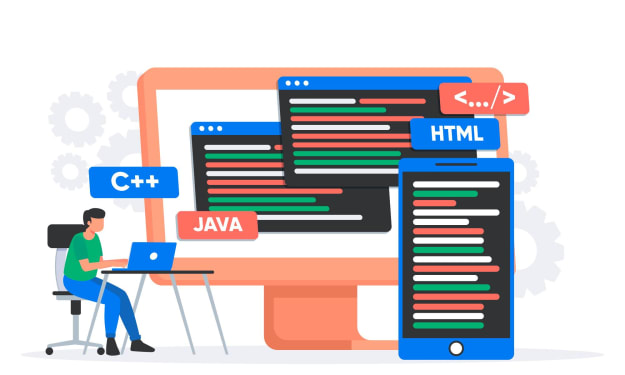
"If you can't fly then run, if you can't run then walk, if you can't walk then crawl, but whatever you do you have to keep moving forward. Do not sit on the floor and ask why."
The moment you start justifying your behavior, even if only in your head, you're already beginning to demonstrate the least compassionate stance possible. You're not explaining, you're not understanding, you're rationalizing.
You are betraying your very own biases.
In short, as we defend our own cognitive biases from the skeptics, the practical implication of this tactic is that we have to avoid all personal judgments, even those that we ourselves wouldn't make. A simple example: imagine you're the kind of person who's "good" at evaluating the situation around you, while your parents are only good at telling you what happened when they were younger, and thus you are rationalizing their behavior as "good judgment" when in fact they were poor parents.
Cognitive bias arguments will continue to be a polarizing force for the foreseeable future. Most people will probably reject your explanations for the most part while believing you. How do you explain this conflict?
My friend Dave thinks that rationalization is a good thing because it helps the individual rationalize his own opinions. He's explained that cognitive biases are only positive if we understand our cognitive biases. Otherwise, they are harmful, and his hope is that by educating the public, we can make them less of a problem for future generations.
His rationale, like the others I've mentioned above, is persuasive in many ways. In his mind, the empirical study of cognitive biases shows that it's better to explain our mental processes than hide them. In the end, it's cognitive biases that explain our behavior and in a very simple sense, that's good.
But when one doesn't have sufficient understanding of one's own cognitive biases or that of others, cognitive biases become irrational arguments.
Concerns about overly simplified explanations and minimizing our cognitive biases must be put into the perspective of how we interpret our own cognitive biases. Our judgments, including our cognitive biases, are what give us reasoning capabilities.
Many people are quick to find a flaw in any explanation for their biases, and will convince themselves that if they were the kind of person that actually believed in cognitive biases, then they would immediately recognize their biases, or that their biases would have made them see the world a different way.
How would this person be able to evaluate their current situation? What would the consequences be for their decisions?
In reality, everyone that you meet is going to interpret your behavior, and that's where cognitive bias arguments fail. Nobody can actually make you see the world differently.
No matter what justification you have for your behavior, you will still judge you and your beliefs, rational or irrational, or give excuses for why you made a decision. It's simple logic: to rationalize your actions in order to understand them is the worst thing you can do for yourself.
Imagine how much your mind would have to expand in order to justify the life of a married teenager who decided to quit college to work at a summer camp. You would need to expand yourself far beyond the possibility of understanding, as your only rationalization would only justify your own preferences.
What we should do is not explain our reasoning processes and cognitive biases but explain our belief processes. If we are concerned about cognitive biases and the implications of those, we should explain our reasoning processes and explain how our beliefs affect our cognitive biases.
Our thinking is what gives us rational argumentation. Our beliefs are what give us the conviction of acting certain ways. They are what give us the cognitive frameworks of understanding.
But beliefs can only give us these cognitive frameworks within the context of living and not within the context of explaining ourselves. The following topic is more broadly applicable than my comments on cognitive biases.
About the Creator
umer ali
You Might Learn A thing or two here
Enjoyed the story? Support the Creator.
Subscribe for free to receive all their stories in your feed. You could also pledge your support or give them a one-off tip, letting them know you appreciate their work.






Comments
There are no comments for this story
Be the first to respond and start the conversation.